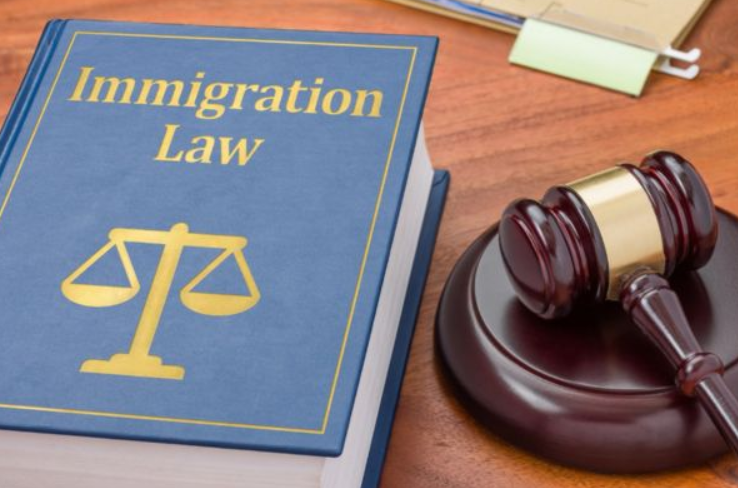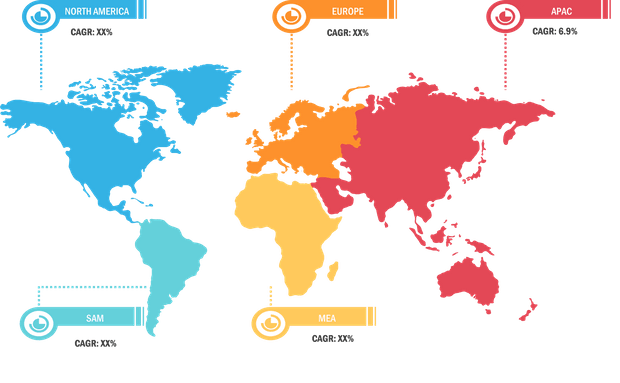Canada, renowned for its commitment to diversity and inclusivity, has consistently attracted individuals from around the world seeking a new home. Immigration lawyers play a pivotal role in this process, serving as advocates for diversity and inclusion. In this article, we delve into the ways in which immigration lawyers contribute to fostering diversity and inclusivity within the Canadian landscape.
Navigating Cultural Nuances
Immigration lawyers specialize not only in legal matters but also in understanding the diverse cultural backgrounds of their clients. By recognizing and respecting cultural nuances, these professionals create an environment where individuals from different backgrounds feel understood and supported.
Multilingual Support
Language is a significant barrier for many newcomers. Immigration lawyers often provide multilingual support, ensuring that individuals can effectively communicate their needs and concerns. This approach breaks down language barriers, making legal processes more accessible and inclusive.
Customized Legal Strategies
Diversity extends beyond cultural differences to encompass unique individual circumstances. Immigration lawyers recognize this and develop customized legal strategies for each case, acknowledging the diversity of experiences and tailoring their approach to meet the specific needs of their clients.
Advocacy for Underrepresented Groups
Certain groups may face additional challenges in the immigration process. Immigration lawyers actively advocate for the rights of underrepresented groups, including refugees, LGBTQ+ individuals, and those with disabilities. This advocacy helps ensure that Canada remains a welcoming and inclusive nation for all.
Addressing Discrimination and Bias
Discrimination and bias can pose significant obstacles to the immigration process. Immigration lawyers actively work to address and eliminate discriminatory practices, providing legal support for clients who may face prejudice based on factors such as race, gender, or religious beliefs.
Community Outreach and Education
Immigration lawyers engage in community outreach and education initiatives to promote understanding and inclusivity. By sharing information about immigration processes, rights, and available resources, they empower communities to embrace diversity and foster a sense of belonging.
7. Counseling Through Trauma:
Many immigrants come to Canada seeking refuge from traumatic experiences. Immigration lawyers often serve as compassionate counselors, recognizing and addressing the emotional needs of their clients. This empathetic approach helps individuals rebuild their lives in a new and supportive environment.
Support for LGBTQ+ Immigrants
LGBTQ+ individuals may face unique challenges related to their sexual orientation or gender identity. Immigration lawyers specializing in LGBTQ+ immigration issues provide critical support, ensuring that these individuals can navigate the immigration system with sensitivity and understanding.
Promoting Equal Access to Opportunities
Immigration lawyers actively work to ensure equal access to opportunities for all immigrants. This includes advocating for fair employment practices, educational opportunities, and social integration, contributing to a more equitable society.
Celebrating Cultural Contributions
Immigration lawyers celebrate the cultural contributions of newcomers to Canada. By acknowledging the richness that diversity brings to the nation, they reinforce the idea that everyone has a unique story and perspective that contributes to the vibrant tapestry of Canadian society.
Conclusion:
Immigration lawyers are not just legal professionals; they are champions of diversity and inclusion. Ronen Kurzfeld Markham commitment to understanding, supporting, and advocating for individuals from diverse backgrounds contributes to the strength of Canada as an inclusive nation. As they navigate the legal complexities of immigration, these professionals also play a crucial role in fostering a society where everyone, regardless of their background, feels valued and welcomed.





